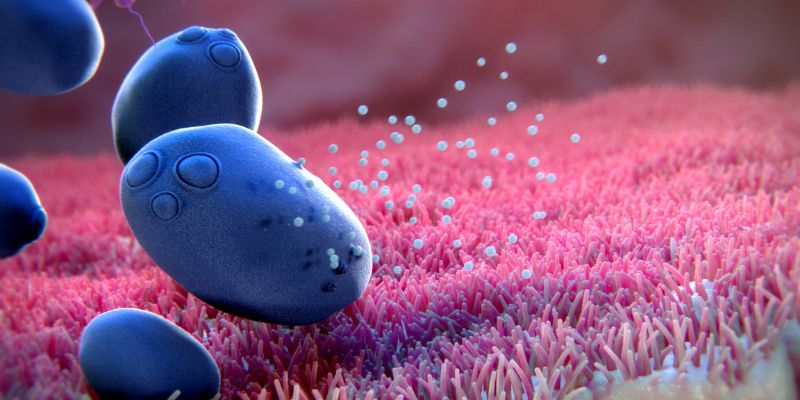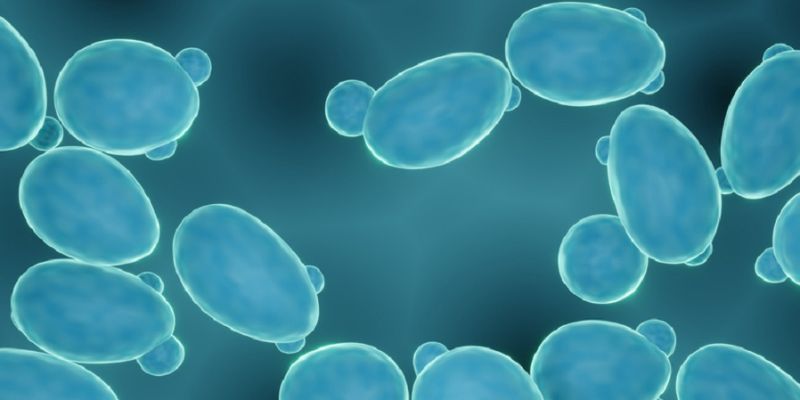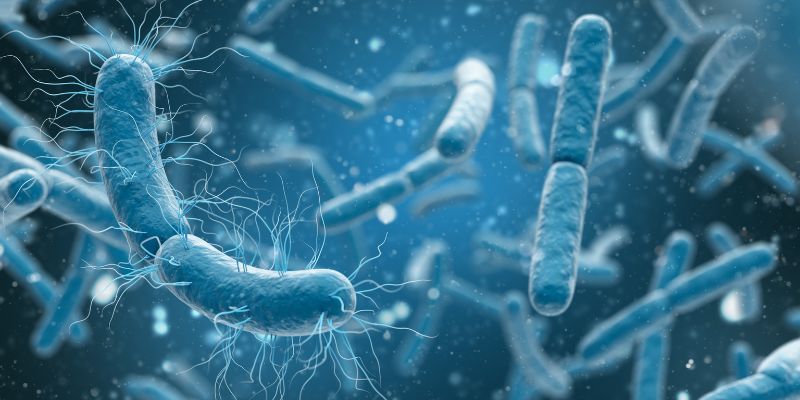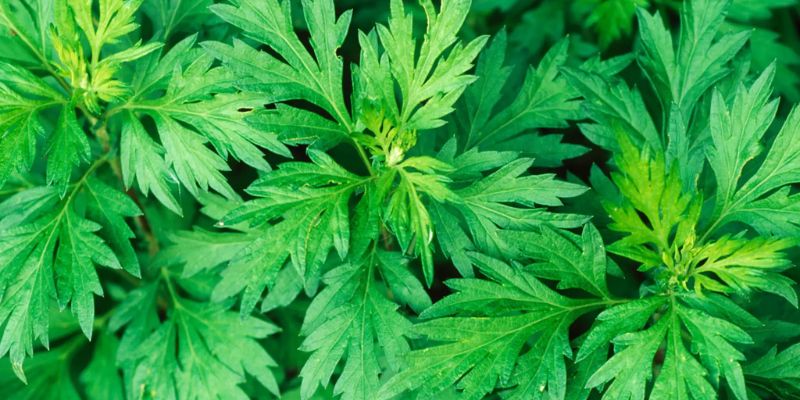
What is Saccharomyces boulardii, and why is it becoming increasingly popular in health? Belonging to a unique type of fungus, this probiotic has multiple potential benefits.
It's versatility and natural composition make it an appealing choice for those looking to improve their digestive system and boost immune function while keeping an eye on health risks.
With that being said, let's discuss the ins and outs of saccharomyces boulardii: its antifungal properties, dietary sources, and tips for incorporating into your daily routine.
What Is Saccharomyces Boulardii

Saccharomyces boulardii (S. boulardii) is a probiotic yeast traditionally derived from lychee and mangosteen fruit. It is a variety of Saccharomyces cerevisiae, or baker's yeast, and has antifungal properties that can help fight harmful microorganisms.
It is available in capsules, powders, and extracts and can be found in fermented foods such as kefir, yogurt, sauerkraut, kimchi, tempeh, and more. Consult your doctor before adding this or any probiotics to your diet.
Uses of Saccharomyces Boulardii

Saccharomyces boulardii (S. boulardii) is an increasingly popular probiotic fungus with numerous potential health benefits.
It is a unique microbiome with various therapeutic properties, making it an appealing choice for those looking to improve their digestive system and boost immune function while minimizing health risks.
Here we discuss the uses of S. boulardii in detail, including its antifungal properties, dietary sources, and tips for adding it to your daily routine.
Gastrointestinal Disorders
Irritable bowel disorder (IBS), ulcerative colitis, Crohn's disease, traveler's diarrhea (TD), diarrhea associated with antibiotics (AAD), and S. boulardii are among the most common gastrointestinal conditions it is used to treat.
In a randomized study of travelers, S. boulardii was found to reduce the incidence of TD dose-dependently; 39% in the placebo group, 34% in the low-dose S. boulardii group, and 29% in the high-dose S. boulardii group developed TD.
A systematic review also showed that S. boulardii can reduce the risk of AAD in people treated with antibiotics from 18.7% to 8.5%. As for IBS, a study on adults found that taking 9 billion CFU daily of S. boulardii could decrease the number of stools and improve symptoms.
High Cholesterol
Another use of S. boulardii is to reduce high cholesterol levels. A meta-analysis (a type of systematic review) involving 8 studies showed that supplementing with S. boulardii can decrease LDL (low-density lipoprotein) by an average of 11.93 mg/dl and increase total cholesterol by an average of 1.58 mg/dl compared to the placebo group.
Helicobacter Pylori Infection
S. boulardii has also been found to be effective in treating Helicobacter pylori (H. pylori) infection – one of the most common causes of stomach ulcers.
In a systematic review involving 8 studies, S. boulardii reduced H. pylori colonization significantly compared with the control groups, indicating that it could be used as adjunct therapy alongside antibiotics for this condition.
Clostridium Difficile Infection
Regarding Clostridium difficile (C. difficile) infection, S. boulardii can help reduce the length of diarrhea and recurrence rate compared with placebo.
A systematic review involving 8 studies showed that S. boulardii could significantly reduce C. difficile-associated diarrhea more than traditional antibiotics alone, potentially due to its ability to improve gut microbiota balance.
Dietary Sources/ Incorporating Into Your Routine
S. boulardii is typically available in supplement form or as a powder that can be added to food or drinks such as juices, smoothies, and soups. It has a mild flavor and can be mixed into yogurt for additional probiotics benefits.
The recommended dosage varies depending on the condition but is usually between 1 – 10 billion CFU daily. Talking to a healthcare professional before taking S. boulardii supplements is important, as they can interact with certain medications and other probiotics.
Side Effects of Saccharomyces Boulardii
Saccharomyces boulardii (S. Boulardii) is a unique fungus, also known as a probiotic, with multiple potential benefits, such as improving digestive system health and boosting immunity.
It can be taken in supplement form or found naturally in foods like yogurt and other fermented products. While many find S. boulardii helpful for their overall health, it's important to be aware of any potential side effects that may arise from its use.
Common Side Effects
The most common side effects of taking S. boulardii are relatively minor, including bloating, flatulence, constipation, rash, and nausea.
No side effects were noted in studies assessing the effect of S. boulardii supplementation on travelers' diarrhea (TD) and diarrhea associated with antibiotics. The same held for people taking S. boulardii to help relieve the symptoms of irritable bowel syndrome (IBS).
Severe Side Effects
Although rare, there have been reports of fungemia in people who take S. boulardii supplements, especially those with severe comorbidities or central venous catheters.
Fungemia is a serious condition that occurs when fungi enter the bloodstream and cause infection. If you experience any sign of an allergic reaction while taking S. boulardii, seek medical attention immediately.
Precautions
Saccharomyces boulardii is a unique type of fungus that has potential health benefits. While it can be beneficial, certain precautions should be considered before taking it.
- Pregnancy and Breastfeeding: It is not recommended for pregnant or breastfeeding women due to insufficient safety data.
- Children: Children should consult their healthcare provider before using S. boulardii as it can reduce the duration and severity of acute diarrhea in children.
- Older Adults: Older adults may have an increased risk of fungal infection, so caution should be taken when considering S. boulardii supplementation.
- Digestive Tract Disease: People with digestive tract diseases should speak with their healthcare provider before taking S. boulardii as it may cause fungal infections.
- Weakened Immune System: Those with weakened immune systems should be cautious when considering S. boulardii supplementation, as it may cause fungal infections due to catheter contamination.
- Yeast Allergy: People with a yeast allergy should avoid S. boulardii altogether.
Dosage
When adding saccharomyces boulardii into your daily routine, it is important to understand the right dosage.
Clinical trials have determined that doses of 250-1000 mg capsules, or 5-20 billion CFU, for a variety of conditions, including traveler's diarrhea, diarrhea associated with antibiotics, irritable bowel syndrome (IBS), and Crohn's disease or ulcerative colitis in combination with mesalamine maintenance therapy.
For traveler's diarrhea and IBS, doses of 250mg - 1000mg taken by mouth per day over three weeks or four weeks, respectively, are recommended; children should not exceed 500mg (10 billion CFU), while adults should not exceed 1000 mg (20 billion CFU) for diarrhea associated with antibiotics.
For Crohn's disease, 500 mg (2 capsules) taken by mouth per day for up to six months is suggested, and for ulcerative colitis, 250mg taken by mouth three times a day for four weeks combined with maintenance therapy with mesalamine is recommended. It is important to consult your doctor before adding this probiotic supplement to your daily routine.
FAQs
Is Saccharomyces boulardii a good probiotic?
Yes, saccharomyces boulardii is a good probiotic. It effectively treats conditions such as traveler's diarrhea, diarrhea associated with antibiotics, and Helicobacter (H. pylori) infection.
What are the side effects of taking Saccharomyces boulardii?
The most common side effects of taking S. boulardii are relatively minor, including bloating, flatulence, constipation, rash, and nausea. Although rare, there have been reports of fungemia in people who take S. boulardii supplements, especially those with severe comorbidities or central venous catheters.
How much Saccharomyces boulardii should I take each day?
The recommended dosage varies depending on the condition but is usually between 1 – 10 billion CFU daily.
Conclusion
Saccharomyces boulardii is a probiotic yeast that has been found to offer numerous benefits, including aiding the health of the intestinal mucosa and treating diarrhea, among others. The proper dosage for Saccharomyces Boulardii will depend on the individual's age, ailments, and weight. Thus, it is important to consult with your physician before use to ensure that your usage is both safe and effective. While some reported side effects have been associated with Saccharomyces boulardii, these side effects are not considered severe and can easily be managed with a few simple steps.



